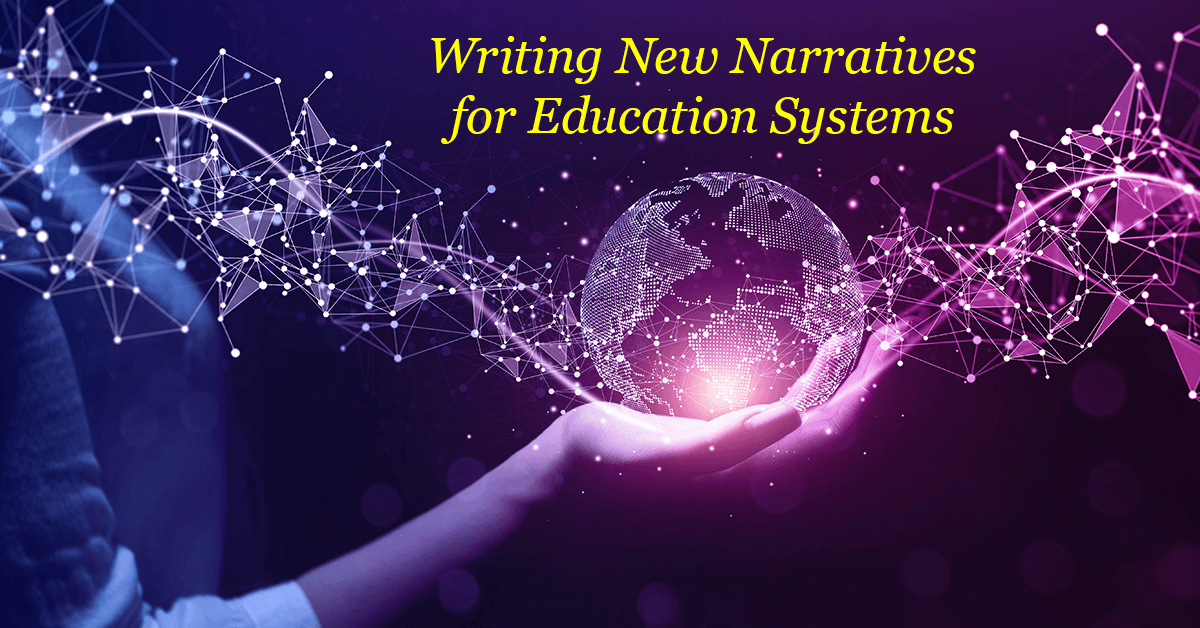July 27, 2022
Quantum physicist Werner Heisenberg wrote, “What we observe is not nature itself, but nature exposed to our method of questioning.” I think the same can be said about what we look for in our students, it’s all about the questions we ask.
When you pose the question “What are the skills and mindsets that students need to thrive in our ever-changing world?” you’ve already framed the answers. I’ve gone through the portraits of a graduate of dozens of schools and it seems like they all drew from the same hat of fewer than 20 words. A graduate should be some combination of resilient, adaptable, responsible, a learner, an effective communicator, innovative, collaborative, creative, a critical thinker, ethical, a global citizen, etc. I’m sure these schools all went through a rigorous process of engaging community members in discussion to come up with their vision of which “knowledge, skills, mindsets, and literacies [are] essential for 21st-century student success.” So did all the schools that have portraits but don’t call them such, schools that want to cultivate the 4, 5, or 6 Cs that are just the same story. I use the term portrait as a catch-all…



